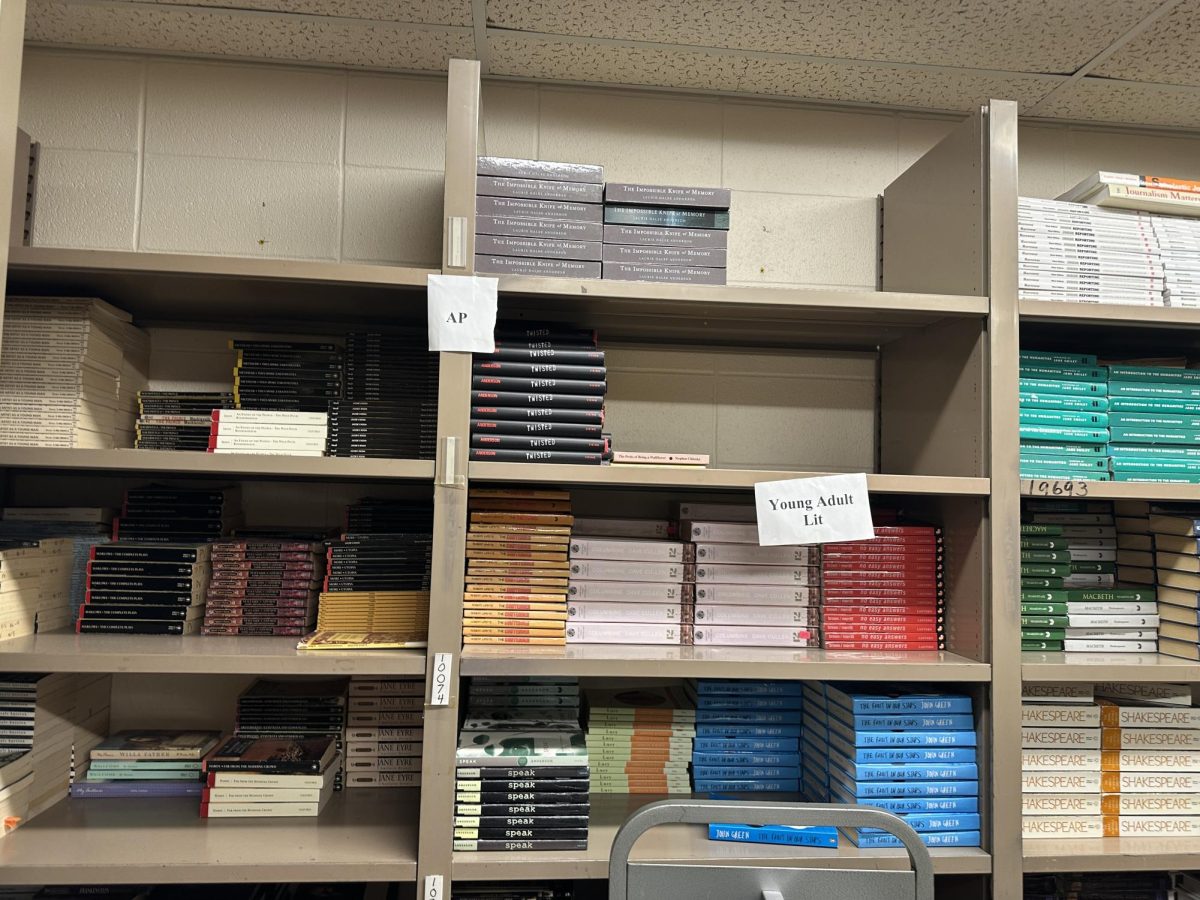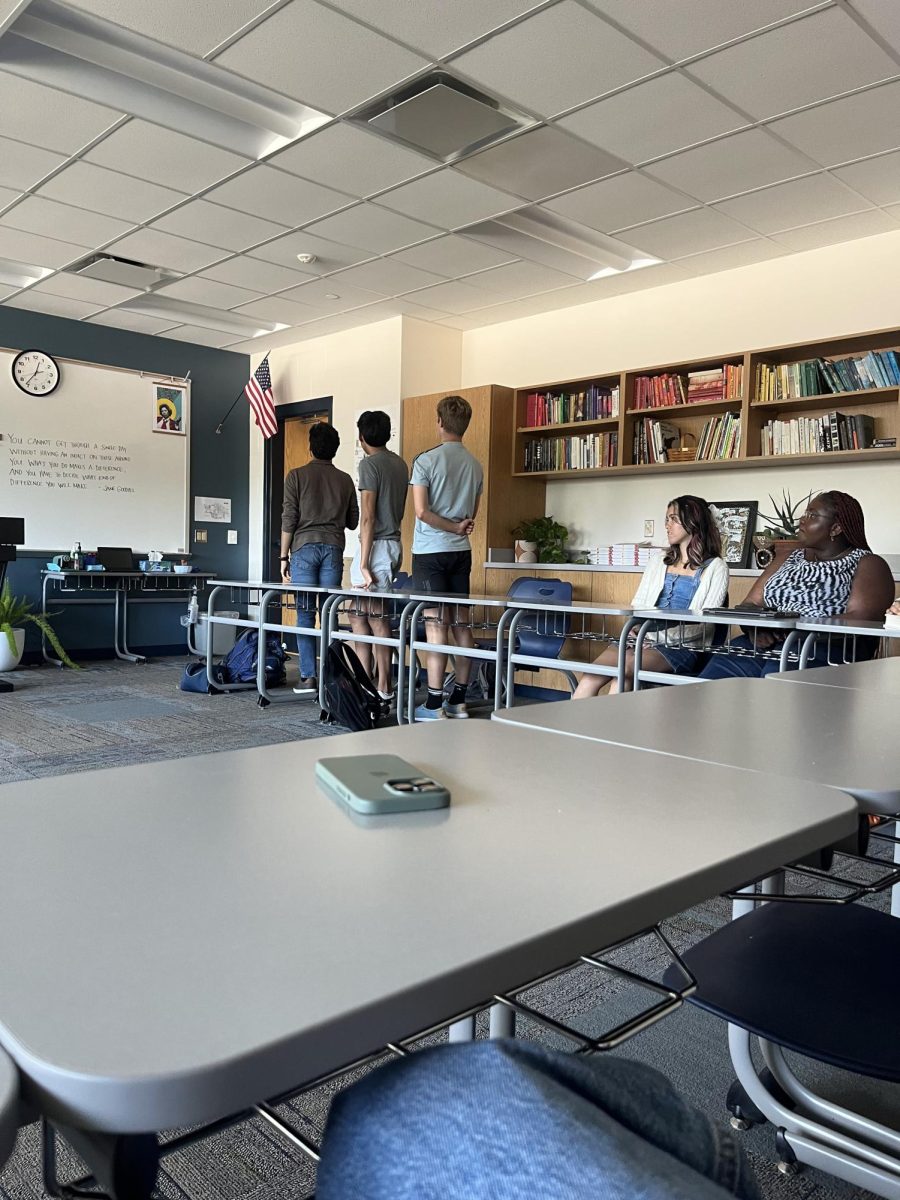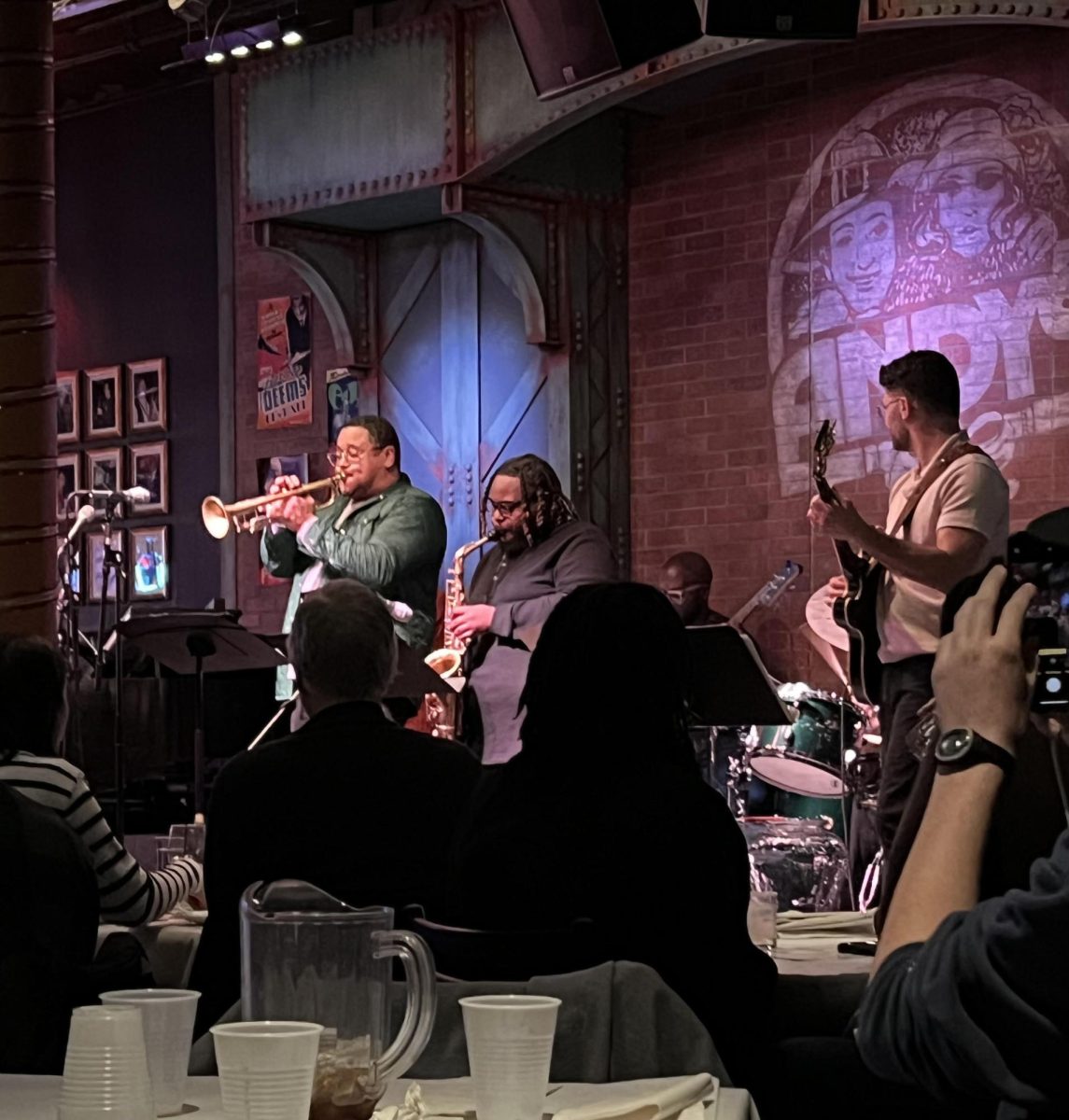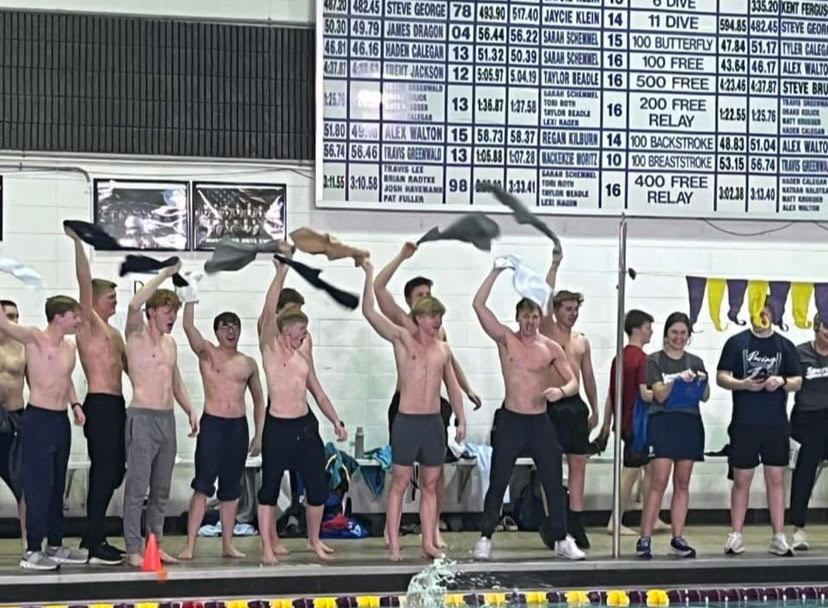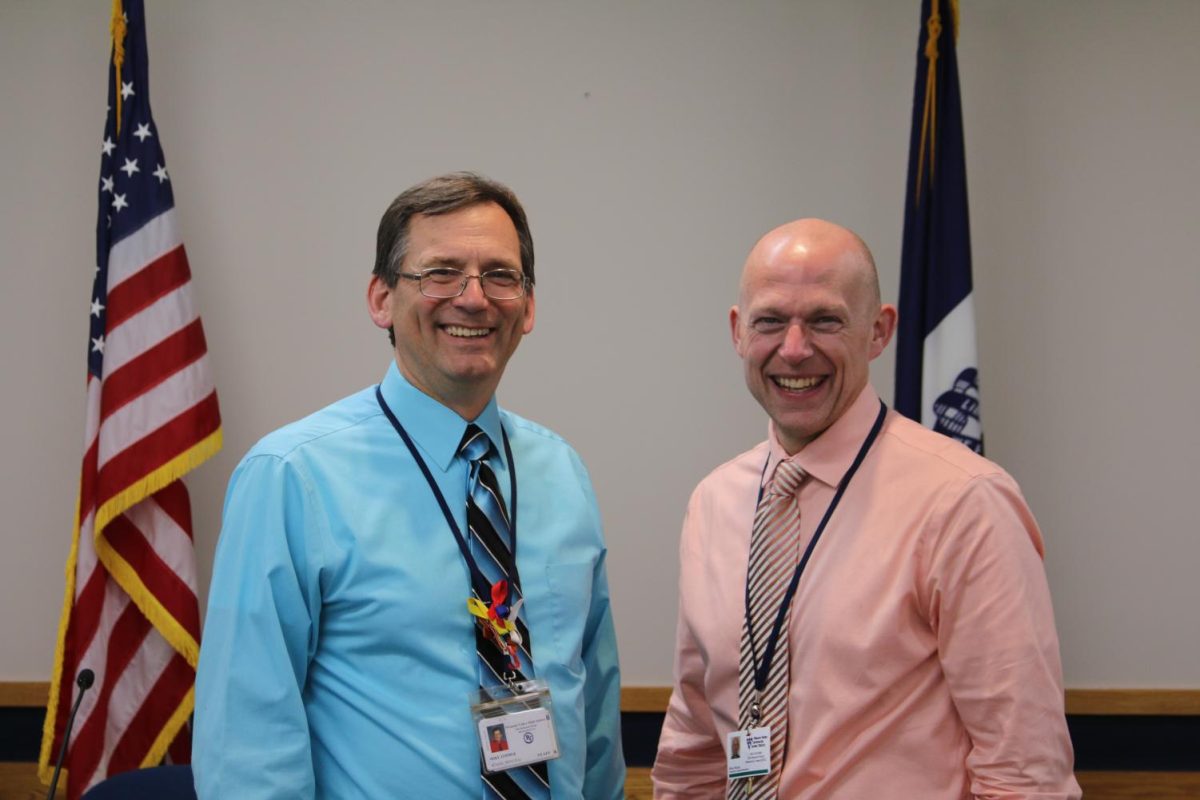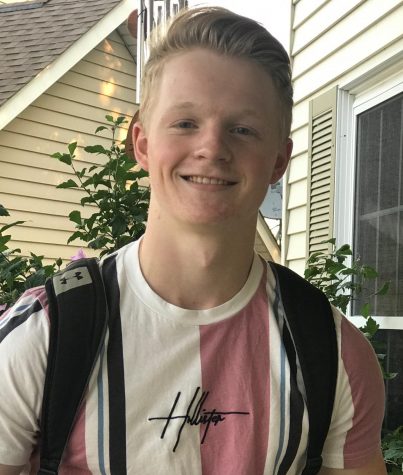Prior to COVID-19, Bettendorf placed great emphasis on The Family Museum, Life Fitness Center and Splash Landing. Now, due to funding and safety issues, these places have seen cutbacks on staffing and hours in order to save the city money.
These budget adjustments, due to COVID-19, have left Bettendorf in a more secure financial state than the city had anticipated. Jason Schadt, Bettendorf’s Finance Director, pointed out this year’s losses were actually below estimate. “For fiscal year 19/20, which ended 6/30/20, we were prepared for revenue losses of at least $2,000,000, but our actual loss was about $1,000,000,” stated Schadt.
The estimate was based on losses from sources of income like sales tax, hotel and motel tax, road use tax and revenue from recreational centers and other community centers.
According to Schadt, the real loss was below the estimate because the sales tax income did not falter. Although hotel and motel tax income has decreased, it still brought in some income due to the “strong youth tourism season at the TBK Bank Sports Complex.” On account of many citizens staying home, road-use tax took about a 10% hit.
Although the City of Bettendorf is confident in their current financial state, many residents have not been eager to return to the community and recreational areas that Bettendorf provides. “The biggest weak spot for the city at this point is revenue from our own cultural and recreational enterprise funds such as the Family Museum, Life Fitness Center, Splash Landing, etc.,” commented Schadt.
Schadt went on to say that until public health officials have more control over the virus, he doesn’t think that people will want to return to those recreational spots.
Senior Ella Howell expressed how difficult it was as a nanny with Splash Landing closed this year. “It was one less activity and fun day I could have with the kids. It made my summer feel a little longer,” explained Howell. Like many people, however, Howell understood why the city decided to keep it closed and agreed it was in the best interest for everyone’s health and safety.
As society learns how to live with the virus, many citizens have learned new ways to go about their daily lives by practicing recommended precautions. This has changed how Bettendorf is preparing for the future.
Many citizens of Bettendorf have raised questions and concerns about the construction of the new I-74 bridge and its funding with the financial impact of COVID-19. This project, as well as many other capital projects, are financed by GO Bonds. “This debt is backed by the City’s ability to levy taxes in a sufficient amount to pay the annual principal and interest,” explained Schadt. Basically GO Bonds are when the city pays in advance for these projects which puts them in debt. They are able to do this because they are relying on taxes and other income to pay off that debt over time. Similar to the concept of using a mortgage to buy a house, this process is used to fund many capital projects.
Bettendorf is looking for other ways to get relief. At the moment they are working with the federal government to get relief through the CARES Act, and they are looking at making a claim to FEMA. If they make a claim to FEMA, it will be for reimbursement purposes, regarding ppe, sanitizer and other protective supplies to help combat COVID-19. The city is eligible for $869,000 through this $2.2 trillion COVID-19 relief and stimulus package passed by the federal government.
Nonetheless, the City of Bettendorf is confident about its financial position. City officials have been able to adjust staffing and hours at recreational facilities to accommodate their new financial needs. Additionally, they have been working with the federal government to receive aid through the CARES act. Overall, Bettendorf is working to get back on track and meet the residents’ demands.















